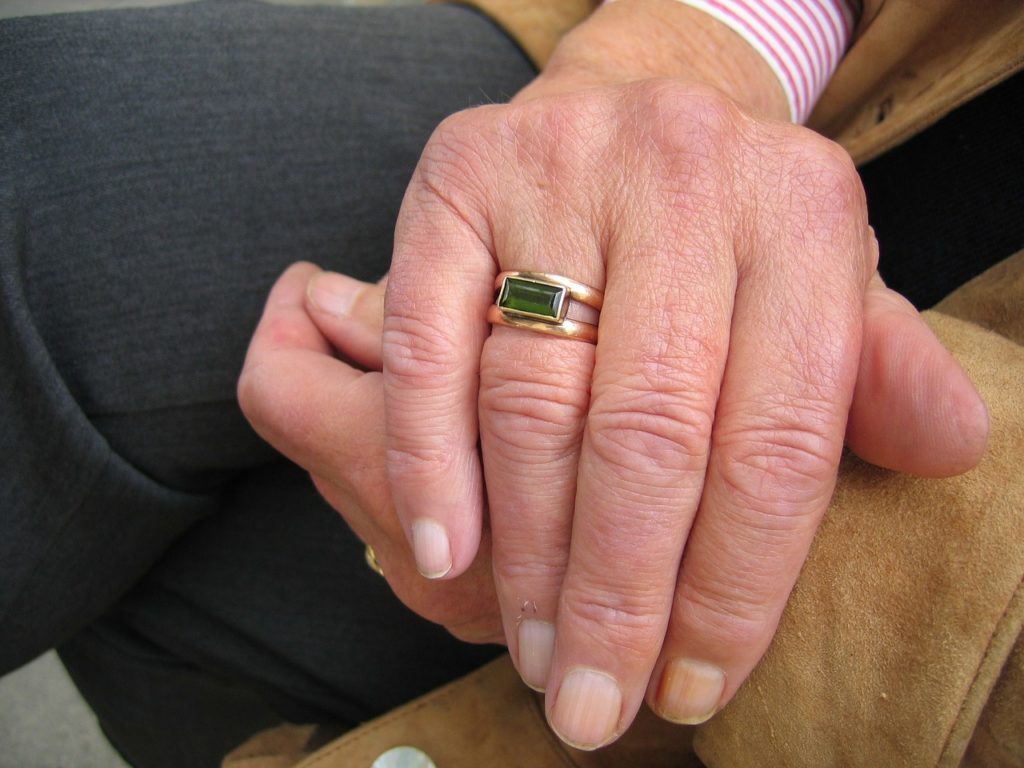
With November being National Home Health Care Month, senior home care professionals everywhere are looking forward to being recognized for their efforts in contributing to the safety and well-being of their charges. In Everett and elsewhere around the nation, these in-home caregivers will be given their due for all the efforts and services they provide to seniors under their care. As part of our recognition of the services provided by senior home care professionals, let’s take a moment and consider some of the benefits they provide which you may have previously overlooked.
Home care personnel can help adapt your home
For most seniors who prefer to live at home rather than in some kind of assisted living facility, there will be changes necessary to the home which can make it easier for them to stay in place. Safety features like hand grips may have to be installed, wheelchair ramps might be necessary, and a host of other minor changes will help make it more feasible for your senior loved one to live at home.
There are certified aging-in-place specialists available who can review your home circumstances and make recommendations on whatever changes might be necessary. Home health care specialists like these can make the living area more accessible, and much more safe for an elderly person planning to live at home for the long term.
Hospital level monitoring can be provided at home
In the past, it was frequently necessary to move elderly patients into a hospital setting so that their vital signs could be closely monitored by equipment there. Now that wearable technology has developed to achieve a very sophisticated level of functionality, senior patients can stay at home and be monitored just as effectively.
Your in-home caregiver can assist with the monitoring process, and ensure that vital information is properly transferred back to a centralized location where it can be evaluated. It’s even possible these days to carry out a remote evaluation of the patient by using newer telemedicine techniques that allow for doctor visits to be conducted remotely.
Respite care
Anyone who has ever been charged with the care of an elderly loved one, knows how time-consuming and how exhausting the whole process can be. Years ago, there just wasn’t much that could be done about this, and a senior person requiring care had to be attended around the clock by a family member, or taken to the hospital.
These days, in-home respite care can handle situations like these much more effectively, with the caretaker being given a substantial period of relief from that care-taking. Respite care providers are one of the most common methods used to manage this kind of situation, and they can be very effective for both the senior person and the related caretaker.
Physical therapy
You may not have been aware of this, but physical therapy services for your senior loved one can often be carried out right at home by a qualified physical therapist. While in the past, it may have been necessary to transport your elderly loved one to a central therapy location, now in-home care can make it much easier to rehabilitate an elderly person.
Whether they have just had surgery, or are simply in need of physical therapy to stimulate unused muscles, that kind of care can be provided right within the confines of the home, rather than at a less convenient location. A trained physical therapist will also be able to evaluate the entire home situation and determine whether or not there are any safety hazards, or whether any adjustments are necessary for the living conditions for a senior.
Home care can help, even if it’s just housework
Sometimes the biggest contribution that a home care specialist can make for the environment a senior lives in, is to manage all the little daily tasks associated with running a household. This might involve cleaning, cooking, help with dressing and walking, or maybe even transportation to a grocery store.
If a senior is in relatively good physical condition and doesn’t require constant care to maintain their health, home healthcare can manage many of the household chores that a senior is no longer able to perform. Help with personal hygiene might be more important than any of the other tasks, and it’s something that a home healthcare aid can certainly assist with.
Reducing hospital re-admissions
Any senior person who has been hospitalized for healthcare reasons is naturally worried about safety at home. Slips and falls are quite common among the elderly, and they’re even more common in a hospital setting than they are in the home. Providing home healthcare for an elderly person in this situation has been shown to reduce the number of slips and falls, as opposed to having them stay in the hospital. Because patients are closely monitored by an in-home caregiver throughout the day, there are fewer incidences of falls and a reduced rate of hospital re-admissions.
